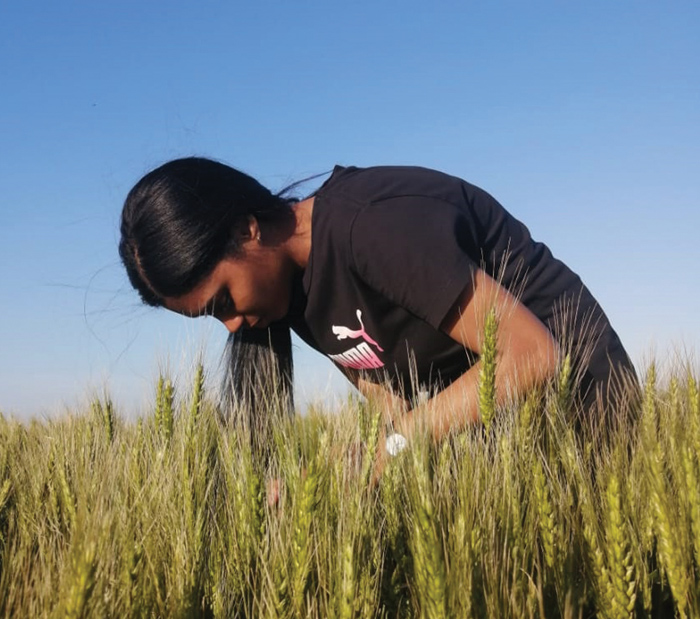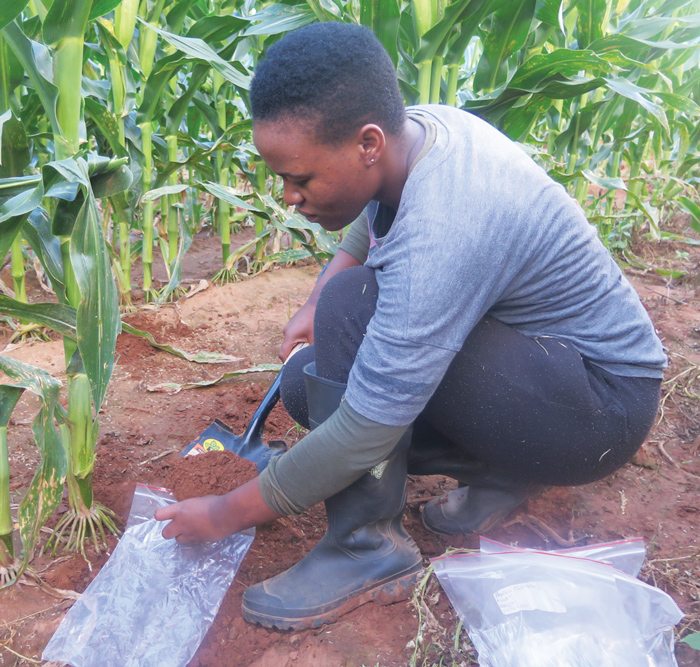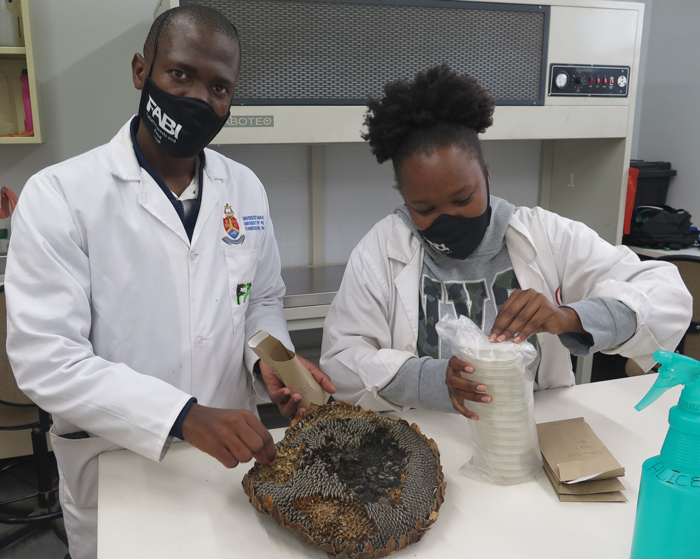A critical component of strengthening the agricultural sector is developing highly skilled individuals to address the needs of a continuously developing industry.
Developing skills is an important focus area for Grain SA and funding provided by the Department of Science and Innovation (DSI) has made it possible to provide bursaries for student, post-doctoral and technician training.
Recap
Previously the SA Graan/Grain magazine (June 2020) introduced the Human Capital Development Plan (HCDP) by delving into the partnership with the DSI and how student training is linked to national priorities as found in the National Bio-economy Strategy and the 2019 White Paper on Science, Technology and Innovation. This article addresses the HCDP and its application in the grain and oilseed industry.
Human capital development aims to enhance and develop local agricultural research capacity within the grain and oilseed industry and align training to government and industry priorities. Specific objectives of the HCDP are to:
- develop local human research capacity and address the critical skills gap in the industry;
- promote collaboration across different disciplines and institutions;
- promote transformation in the agricultural research community; and
- increase student capacity available to researchers.
Develop local capacity and address the critical skills gap
The grain and oilseed industry is currently lacking in key production-related research skills such as agronomy, plant pathology and plant breeding. However, a strong national workforce will also need training on new technologies. The focus here is thus to train students on applied production-related skills, while incorporating these students in research endeavours that also include skills such as high-throughput phenotyping, crop modelling and skills in fields such as genomics, proteomics and metabolomics.

Photo: Chad Minnaar
Promote collaboration
Collaborative research cultivates research excellence, improves resource use efficiency and promotes higher impact. Student training is focussed within Grain SA’s established research consortia (crop improvement, plant health and climate resilience) which helps to harness the advantages of collaborative research for student training. An example can be found within the climate resilience consortium in the project entitled ‘The effects of a changing environment and late-planting dates on maize plant development and yield in South Africa’. Here, students trained have links to agronomists and plant physiologists and are closely linked to applied climate scientists. Through this endeavour the aim is to cultivate a generation of scientists not only excited to work with industry, but also able to understand and embrace the importance of collaborative research for the country.
Promote transformation
Grain SA is committed to promoting transformation in the agricultural research community. Through the HCDP eligible and academically excellent students are recruited to participate in transdisciplinary research projects. Thereby, students are trained in scarce skills areas of national importance, ensuring that the expertise developed are directed to the needs of government and industry. With a gaze on a critical mass of a highly skilled economy, this objective has a special focus on developing a strong workforce that speaks to the demographically complex nature of South Africa.

Photo: Dr David Nsibo
Increase student capacity available to researchers
Researchers at universities largely depend on students to conduct research. Student funding is a limiting factor for many researchers. Through this approach, the aim is to increase the human capacity of researchers and therefore strengthen their ability to contribute to the research needs of producers.
Conclusion
The HCDP focusses on the training and development of expertise for the South African agricultural sector. By having skills development linked to industry in transdisciplinary, interinstitutional collaborative research teams in partnership with government, training can be streamlined to address the priorities of government and industry.

Photo: Dr Mahlane Godfrey Kgatle



















